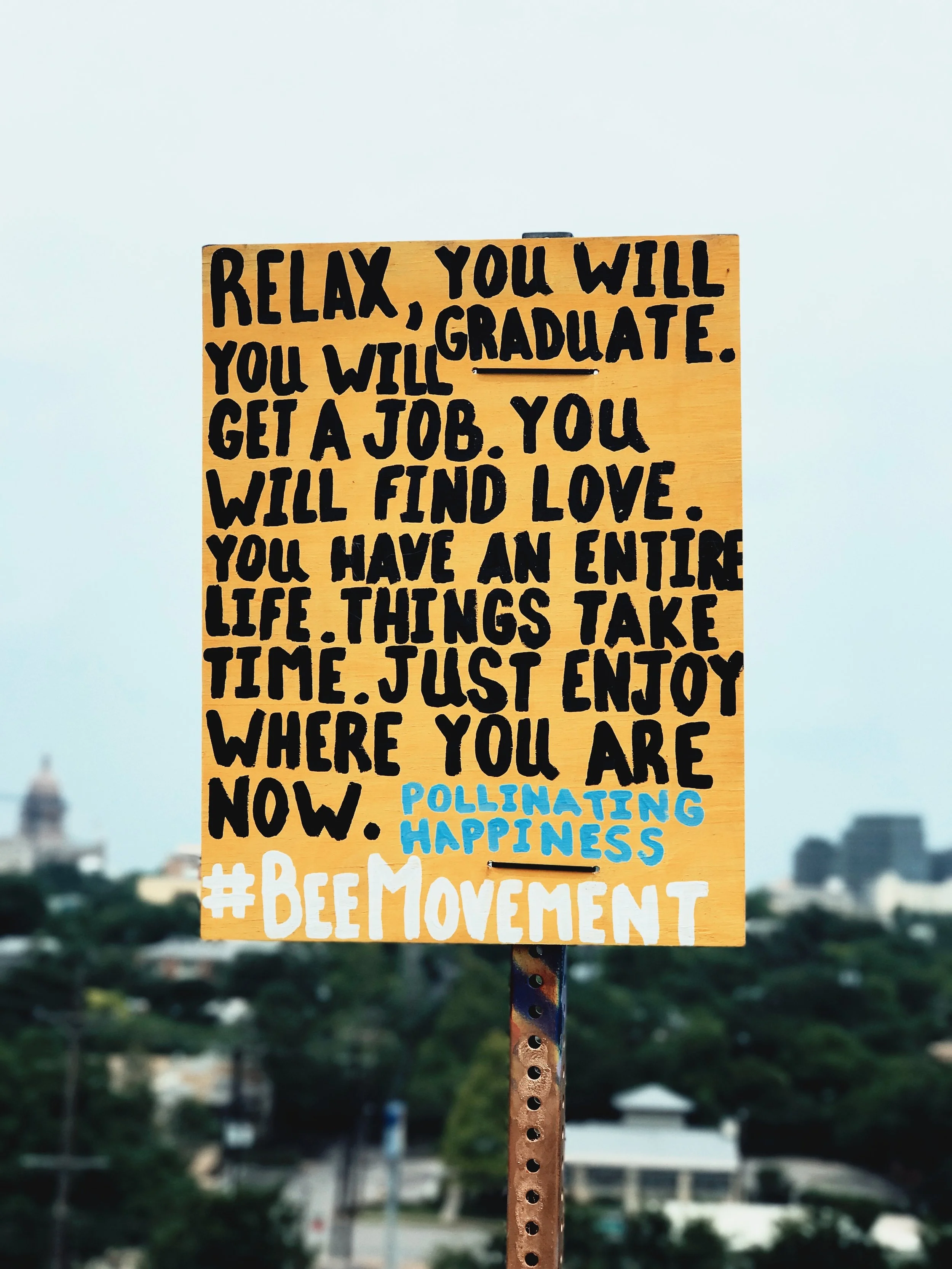Understanding Athlete's Guilt
I want to start by saying that I am extremely grateful for my time, experiences and opportunities as a student-athlete at the University of Oklahoma. I will say it again and again, but if I were given the chance to do it all over again, I would not have changed a thing. The things I learned as a student-athlete were some of the hardest lessons I will ever learn, and that’s exactly why I’m so grateful for them all.
It is inevitable, though, to train and compete as a DI athlete for four years and not have a drastic mindset change from when you started. Your training is harder, and you have to adapt to that. You time is busier, and you have to work for that. Your coaches expect more, and you have to live up to that.
All aspects of being a student-athlete build you up to be the strongest athlete physically - yes - but more importantly, mentally. There are hundreds of books about it, coaches preach it, but you don’t truly realize how important it is until you’ve lived it. You are only as strong as your mind believes you to be.
While I believe mental toughness is actually more important than physical toughness in most sports, I also believe it’s common for many student-athletes to push themselves to an extreme - to a point where guilt becomes involved.
I have a really cool dentist. She swam in college, so she loves to talk to me about college athletics every time she sees me. I had a dentist appointment last week, and this was my first one since graduating. She mentioned that when she graduated and finished swimming, she continued to workout just as much as she did in college. Not because she necessarily needed to but because she said she felt guilty if she didn’t. She was used to long workouts every single day so she felt like she wasn’t doing enough when she did anything less.
This is what I call athlete’s guilt. I know that myself, my teammates and now my dentist can all relate to this one little thing that has been ingrained into our minds throughout our athletic careers. While still competing, athlete’s guilt is the, “I could’ve gone .01 faster on that last piece” or the, “if I got my blade in faster we would’ve won this race”. It’s the idea that the effort you are putting in isn’t enough. I’ve won and lost races by fractions of a second, so it’s easy to slip into that mindset quickly.
And while that mindset is great for continually motivating us to do and be better the next time, it can be unhealthy when you no longer have such an extreme or intense place to channel it. There’s a line to be drawn between pushing yourself outside your comfort zone and simply believing your efforts are not enough.
Athletics taught me more lessons subconsciously than I can even begin to understand. One of those was to never be satisfied. My last race as a Sooner was far from my best race and for some time I dabbled with the idea that I could’ve done more to change the outcome. But the truth is, every girl in that boat did what she could to be the best she could be. That race taught me that everything is earned, not given, and sometimes bad races happen. Sometimes we fall short, and that’s just where the lessons are learned the best.






